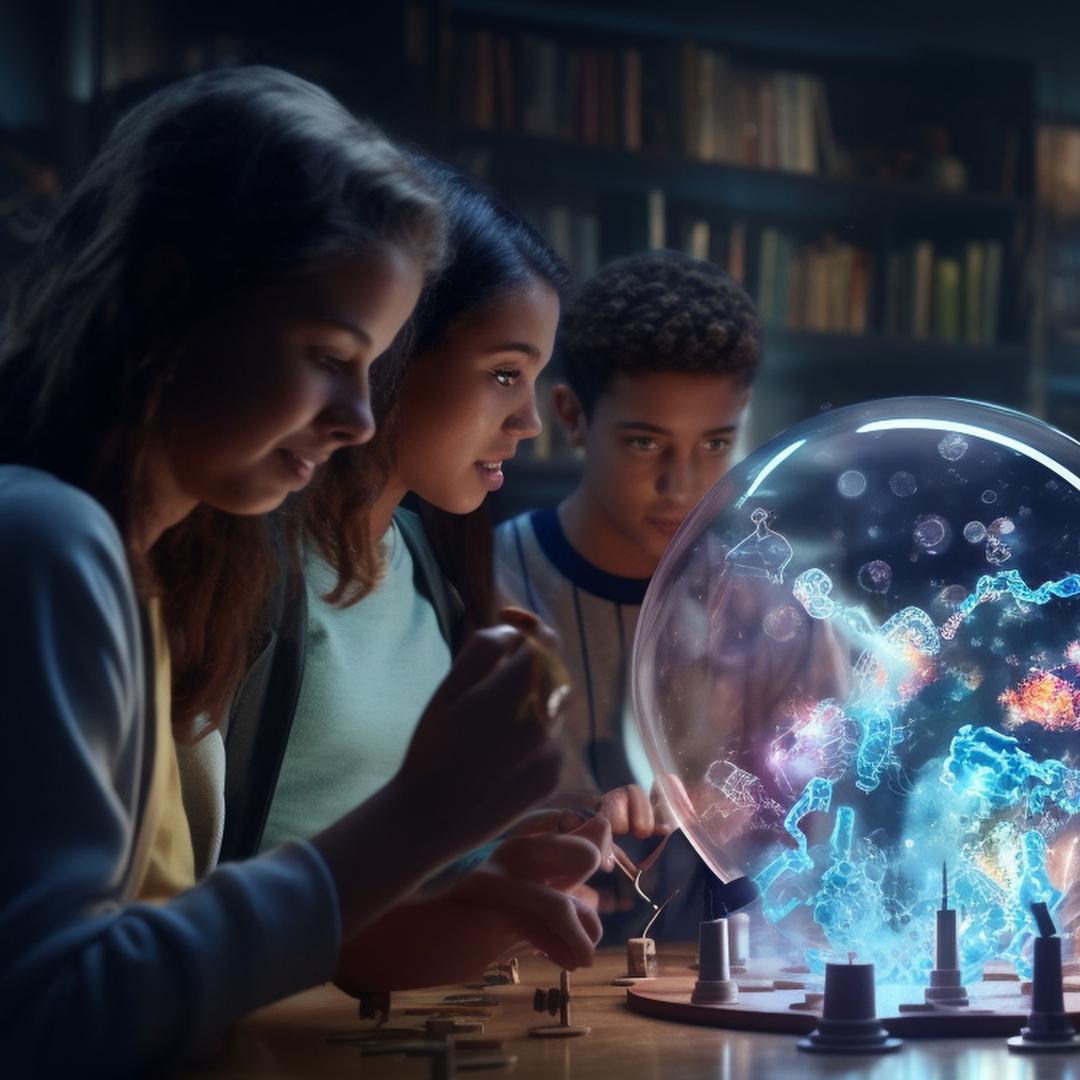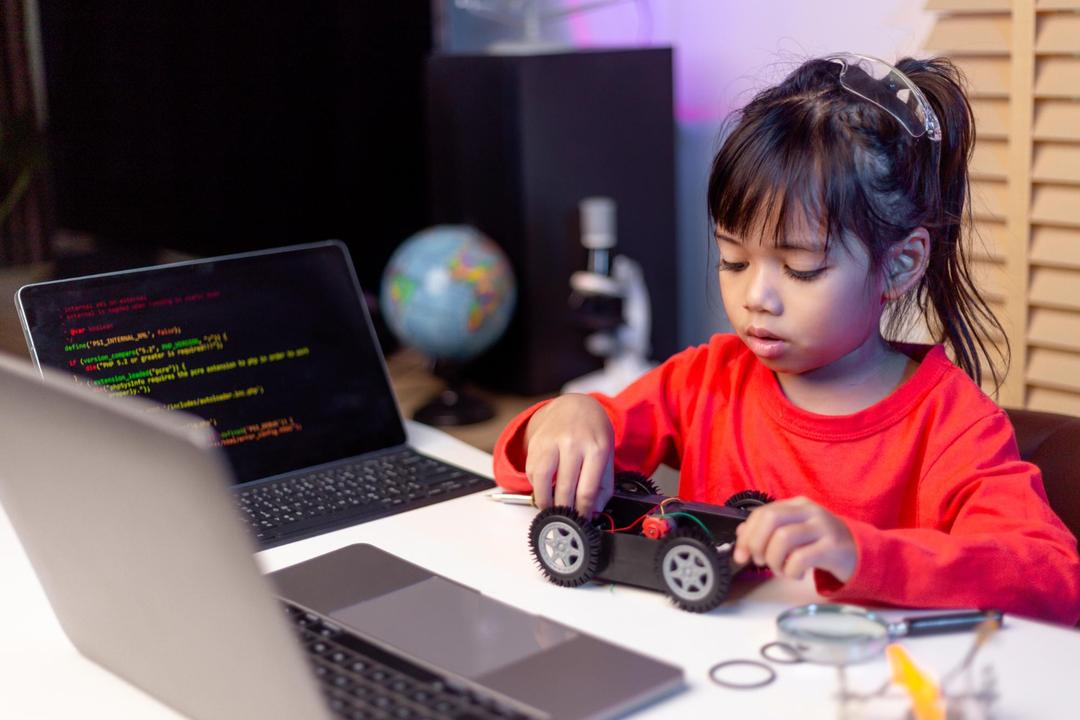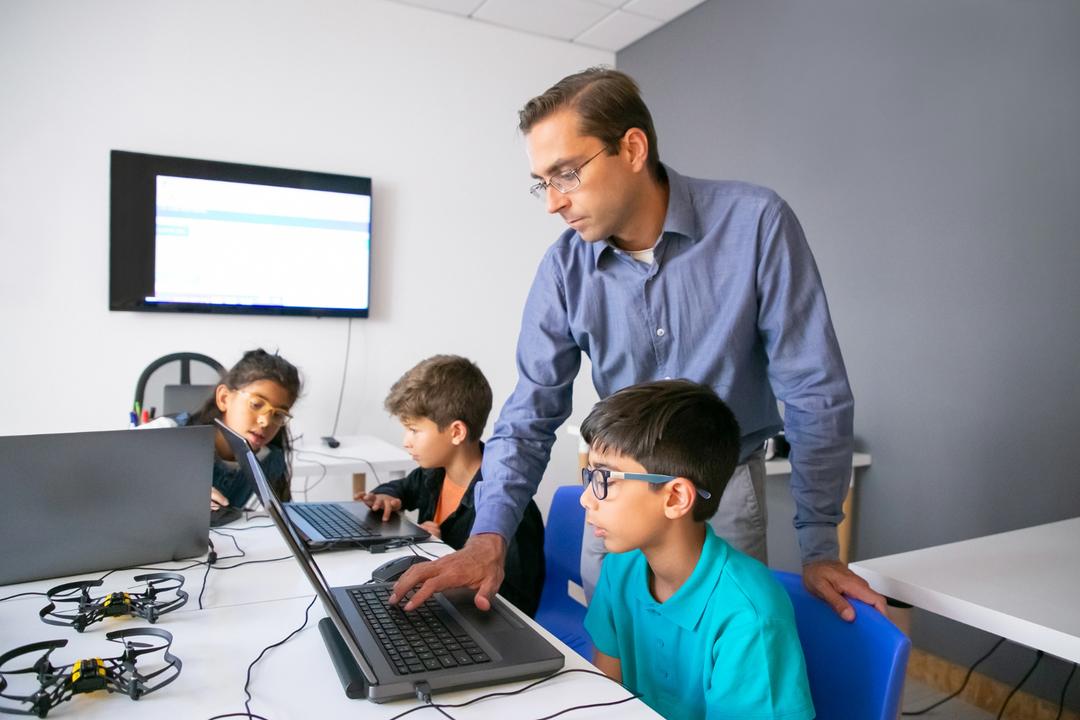The introduction of AI (artificial intelligence) into educational settings is a game-changer in more ways than one. It calls into question the whole fabric of our present-day educational system. Not only is this merging of technology and education changing the way students learn, but it is also sparking a heated discussion about the possibilities, threats, and consequences it poses to the academic world.
Thus, the introduction of AI into the field of education is a significant transition that warrants careful examination. Let’s learn about the advantages and disadvantages of AI in education.
The Pros and Cons of Artificial Intelligence in Education
A number of experts and educators are worried about the ethical and pedagogical consequences of artificial intelligence (AI), while others view it as a tool that could provide a significant improvement to education.
Artificial intelligence (AI) has the potential to revolutionize learning, but are we prepared?
Benefits of incorporating AI into the classroom:
Individualization of education
The use of AI makes it possible to personalize learning resources for each student. This allows people to study at their own speed, improving their weak spots while moving forward in their strong suits.
Streamlining administrative processes
Artificial intelligence (AI) can automate administrative activities in educational institutions, freeing up educators to concentrate on instruction rather than paperwork.
Easy Access
Regardless of a student's financial situation or where they live, AI makes it easier for them to get access to top-notch educational materials.
Ongoing evaluation
With the use of AI, we can track each student's development and offer immediate comments on their strengths and areas for growth.
Also Read : Internet of Things for Kids and its Future Scope
Disadvantages of the use of AI in the classroom:
Dependence on technology
There is a concern that students and teachers alike may grow overly reliant on AI, which could stunt the growth of capabilities currently recognized as super talents.
Concerns around personal data
Without adequate management, student data stored on AI-based platforms could be compromised.
Depersonalization
Artificial intelligence (AI) has the potential to both personalize learning and make education more mechanical and artificial
Cognitive decline
There was a time when pupils had to commit every piece of information—historical dates, authors, philosophical currents, etc.—to memory. The capacity and practice of memorizing have declined alongside the development of the Internet since it has made information pervasive and readily available. The rate of "collective forgetting" is going to grow at an exponential rate as AI develops.
Our usage of it in the house and the classroom will determine its ultimate fate.
How can we make good use of AI in the classroom?
The top educational leadership journals and experts agree that a methodical and planned approach is necessary for the successful integration of artificial intelligence into classrooms.
Conclusion
Students would really benefit from the chance to engage in hands-on learning and inquiry that these five scientific project ideas provide. A wide range of projects are available to spark interest and encourage critical thinking, such as making an electromagnet, an intelligent garment protector, or a robotic hand. Investigating the fields of ripeness detection in production and AI-powered mobility solutions can also reveal fascinating opportunities in science and technology.
Students gain experience in a variety of fields and cultivate an enthusiasm for learning new things through their participation in these projects and AI courses for kids. Therefore, let us inspire the next generation to accept science for what it is and to begin an exciting adventure of discovery







